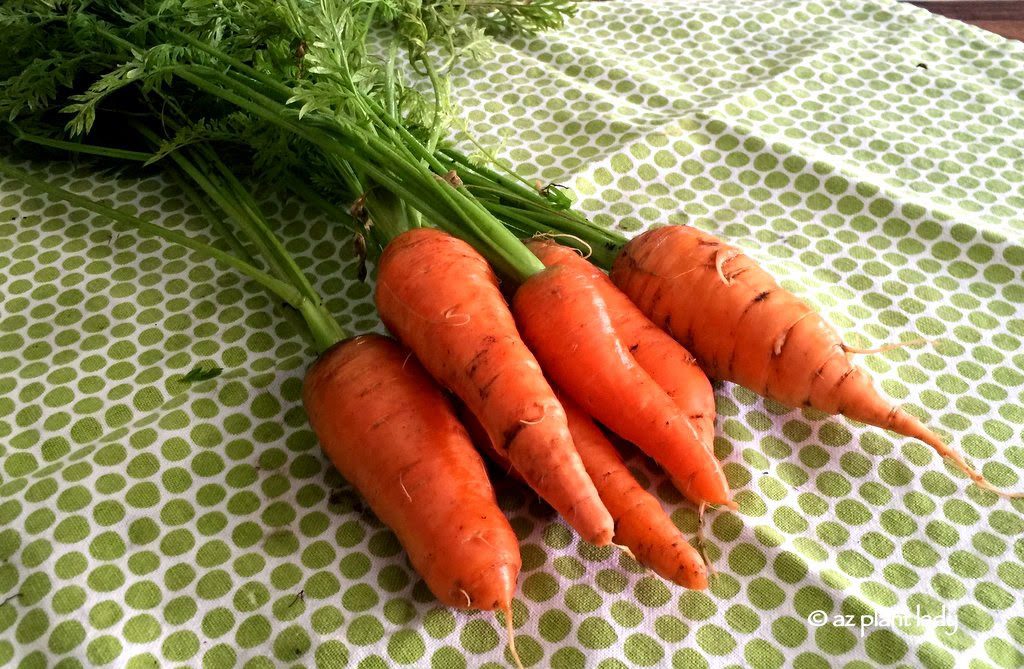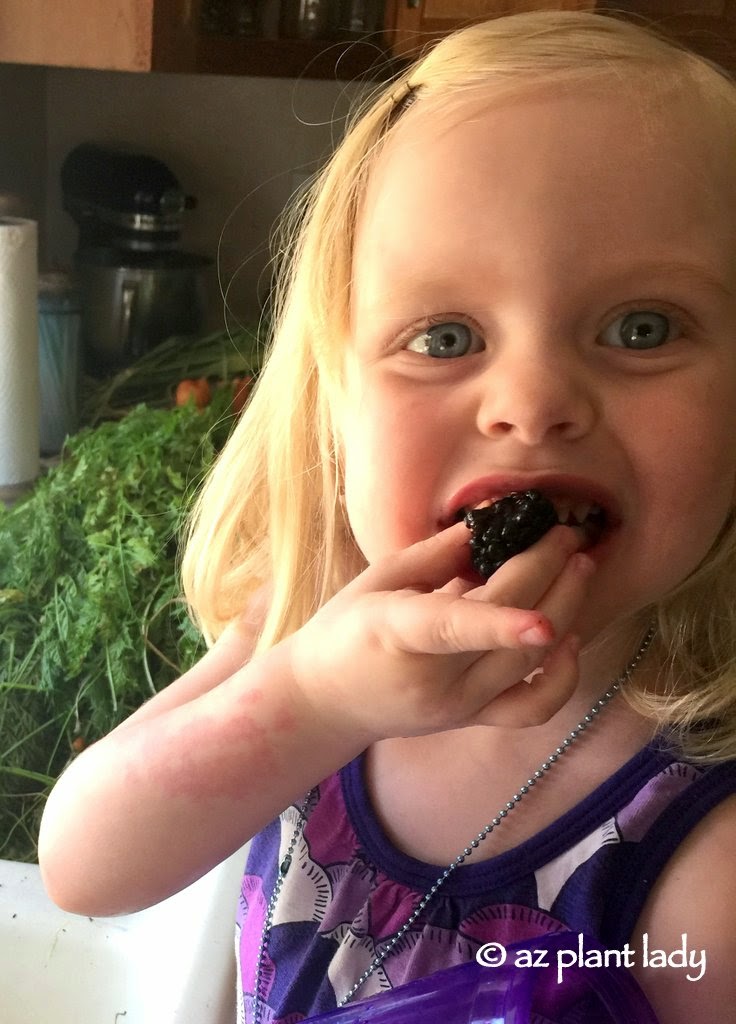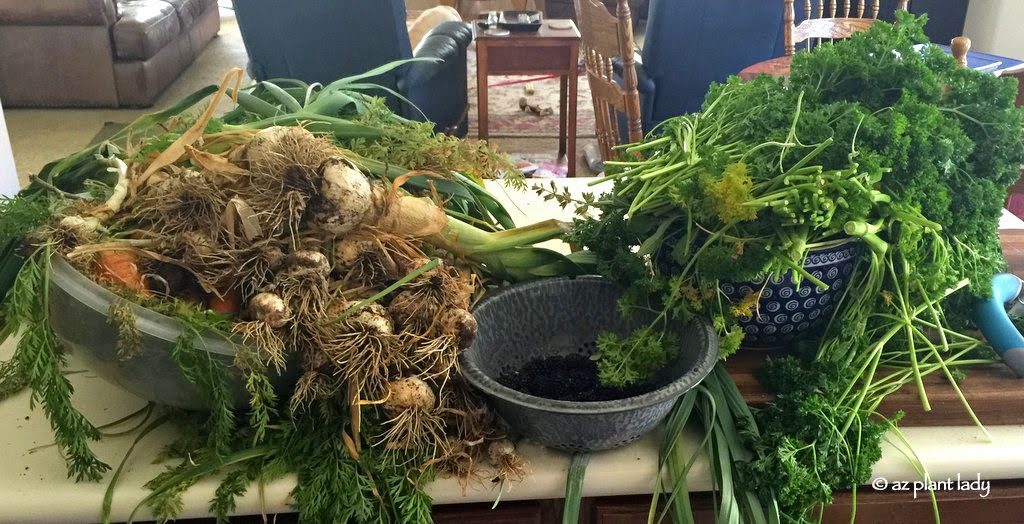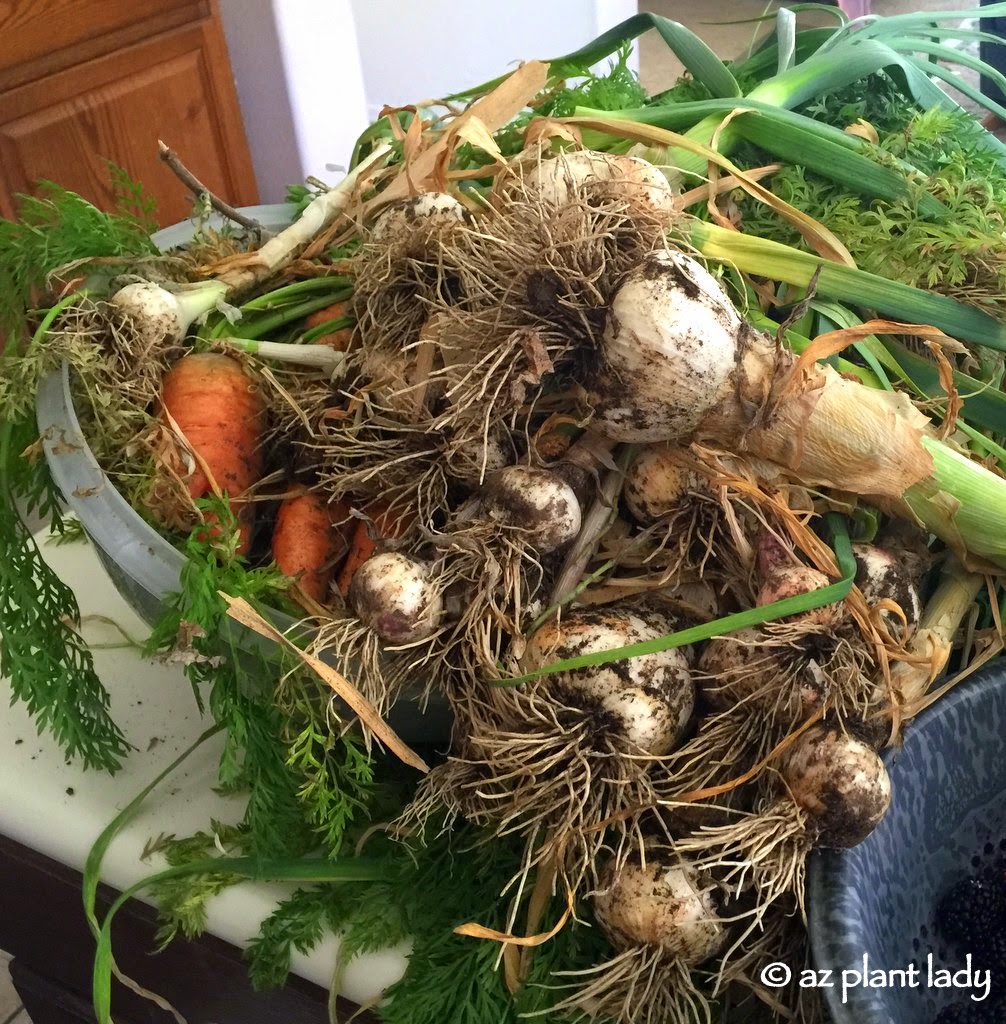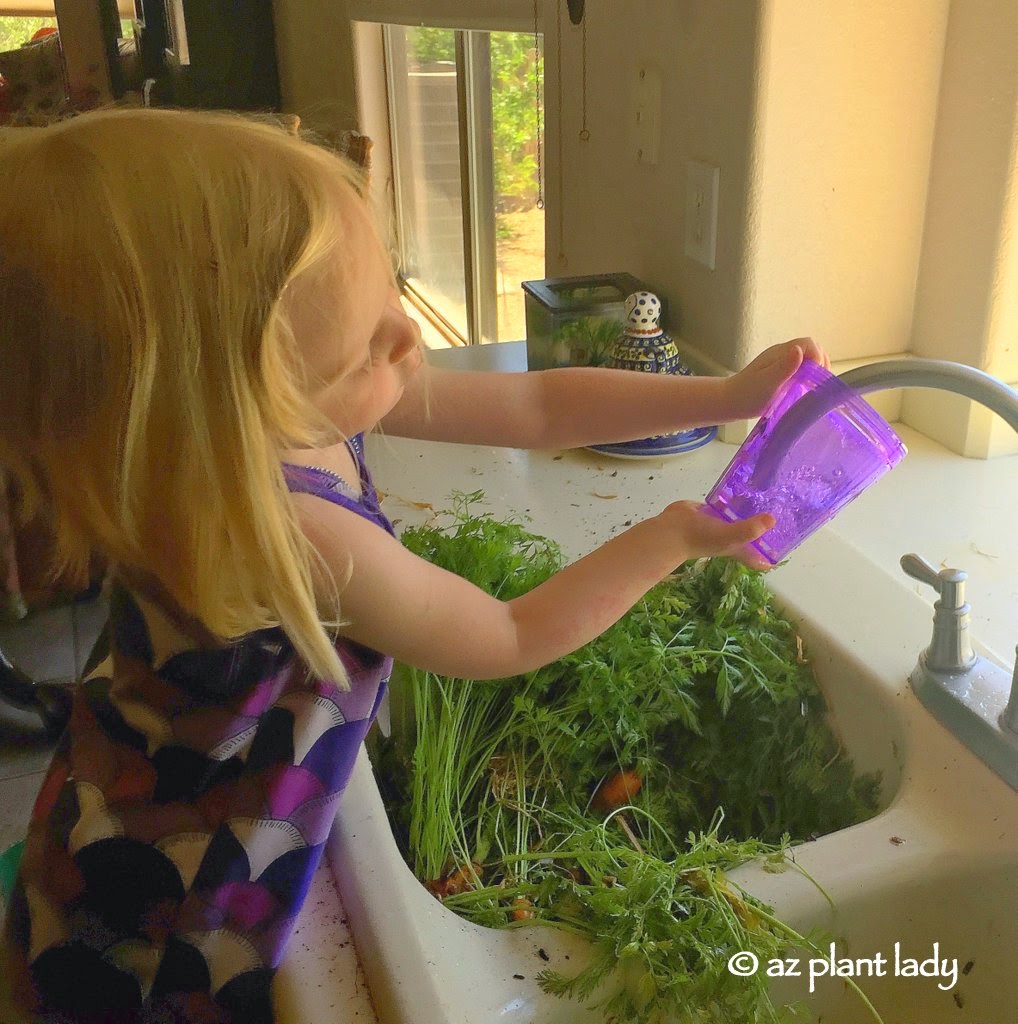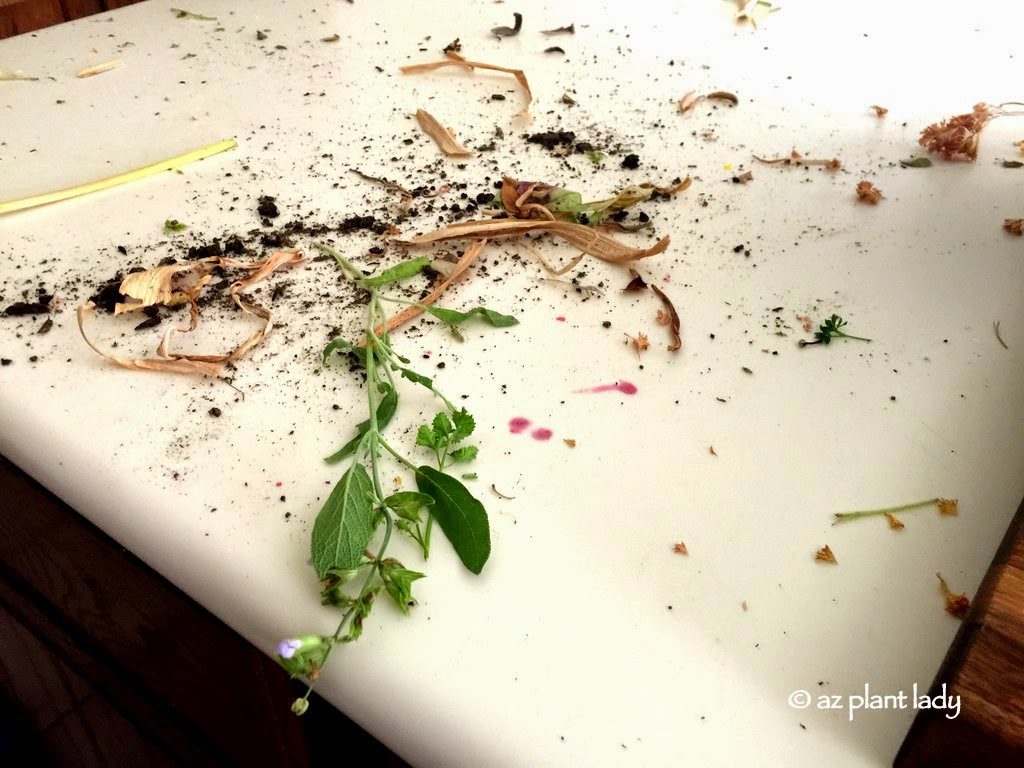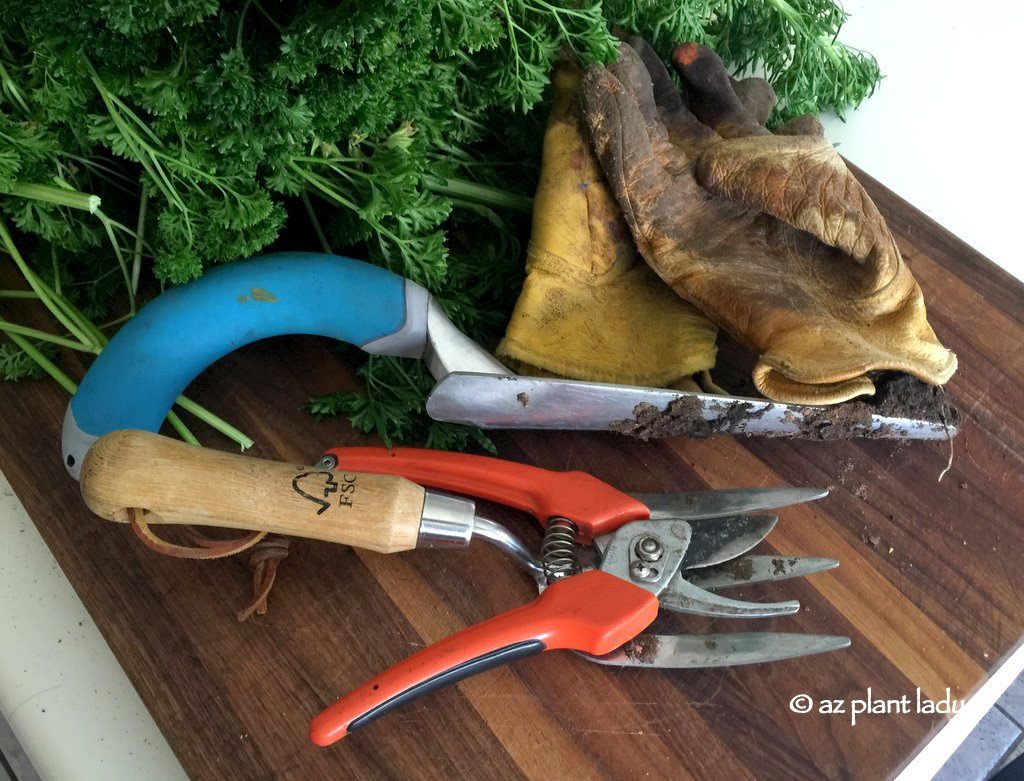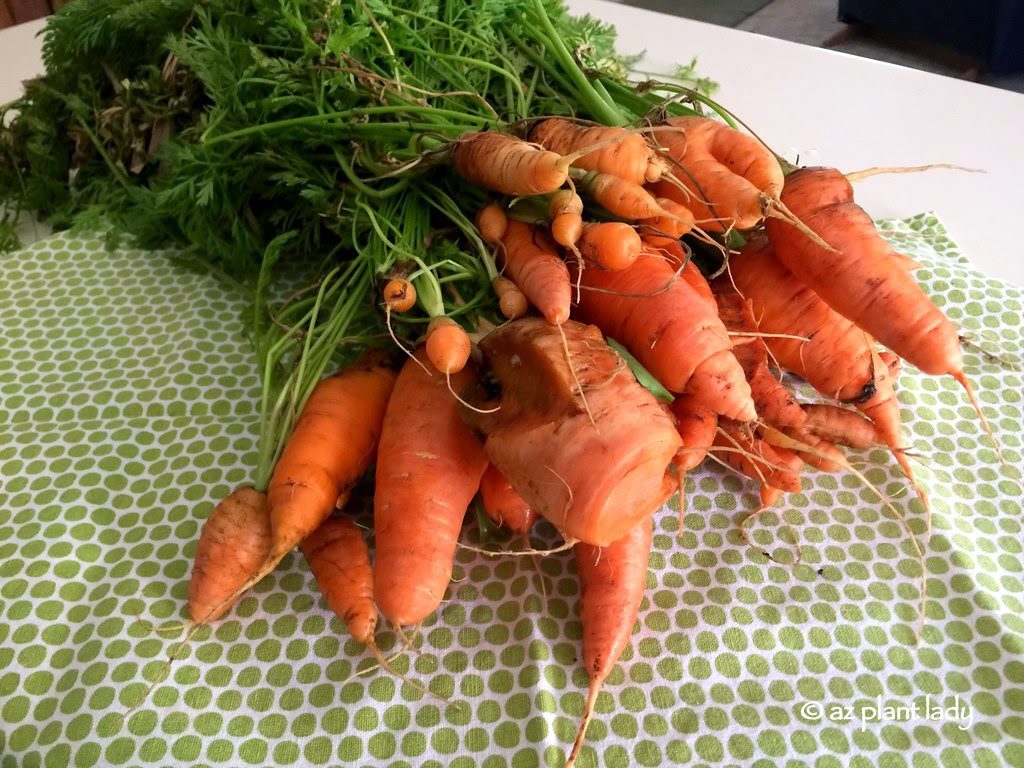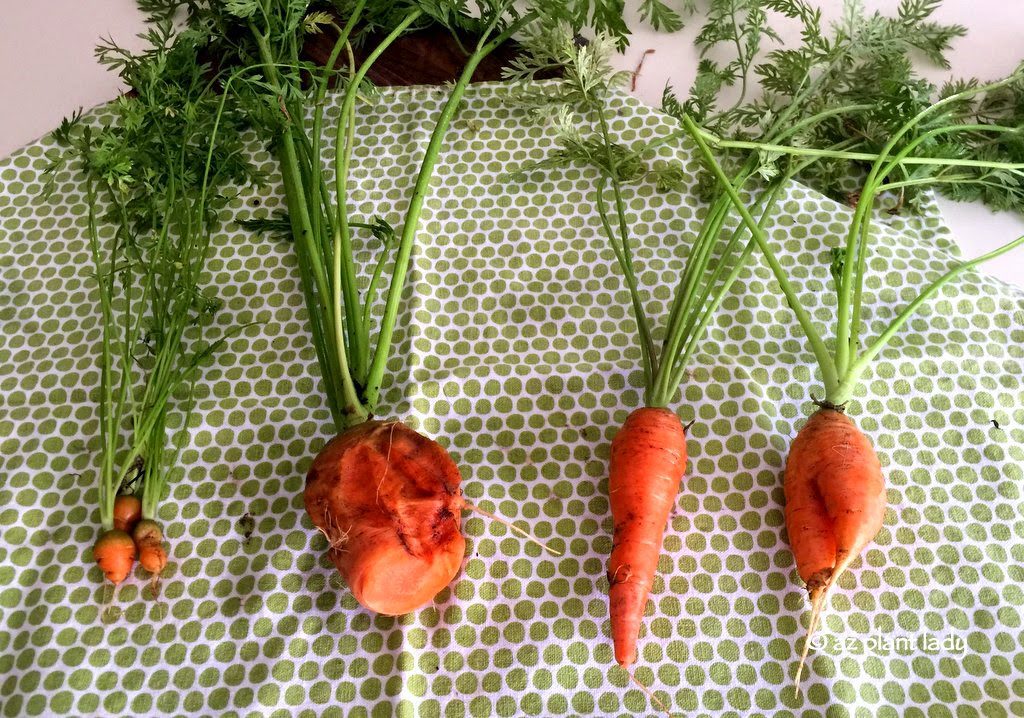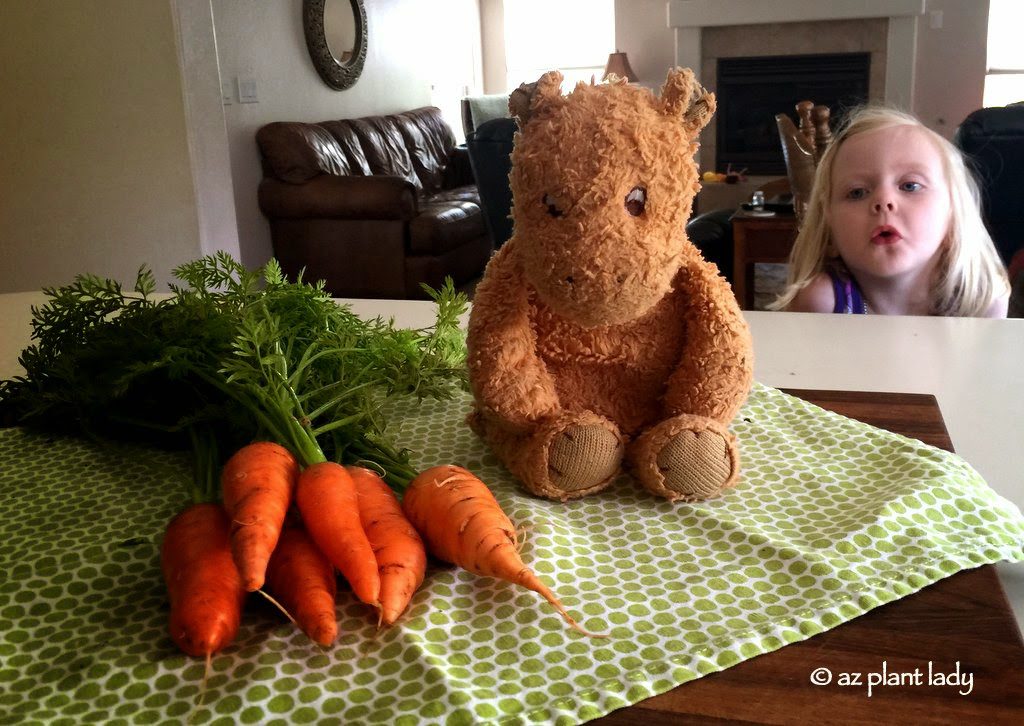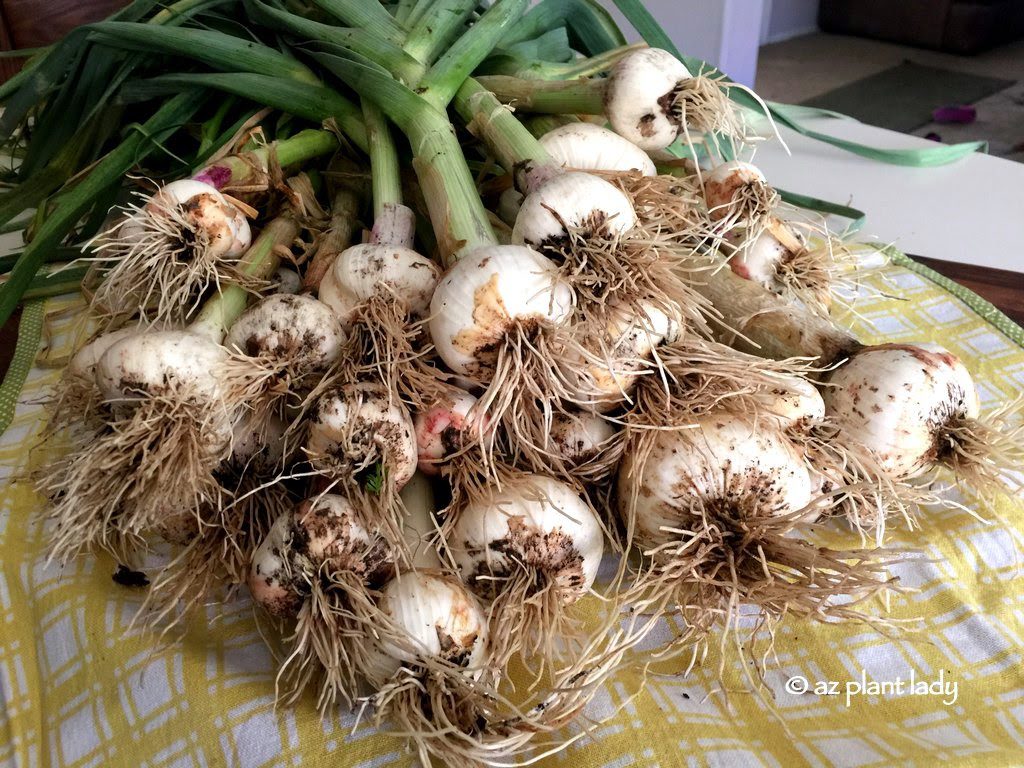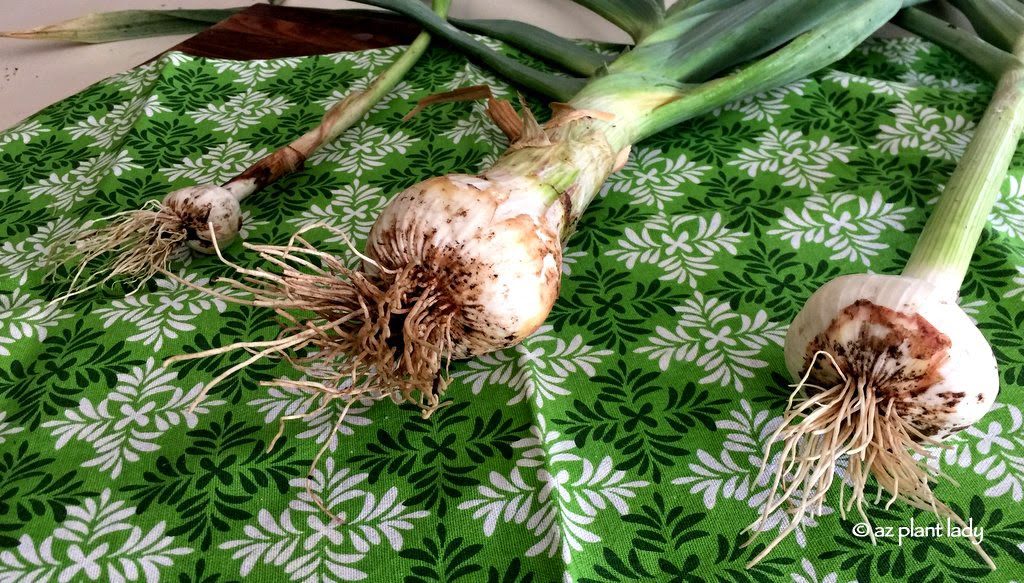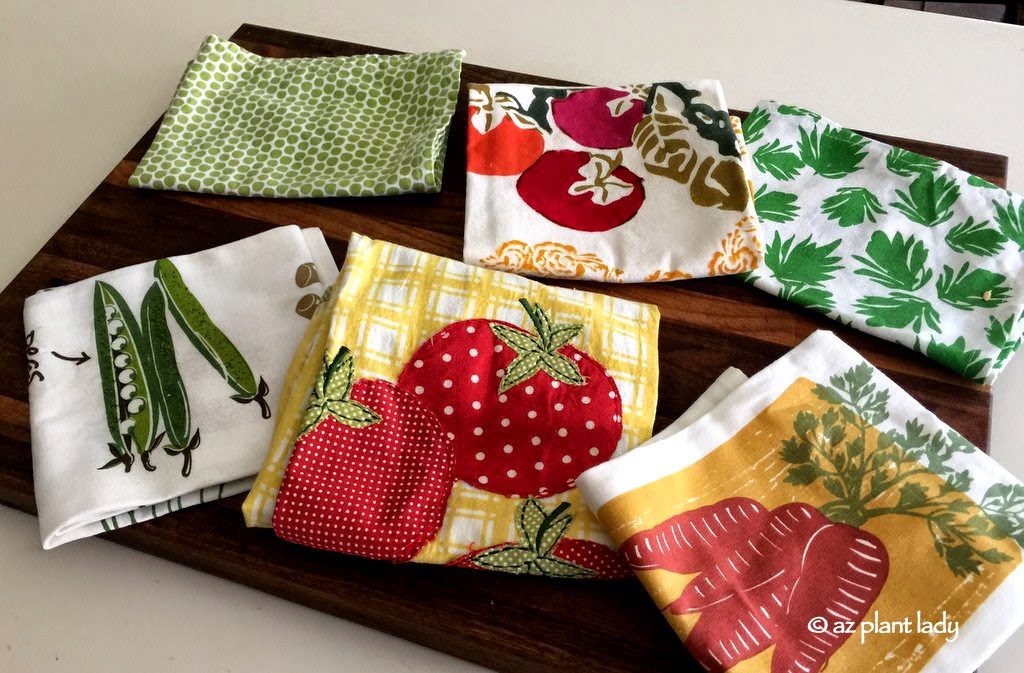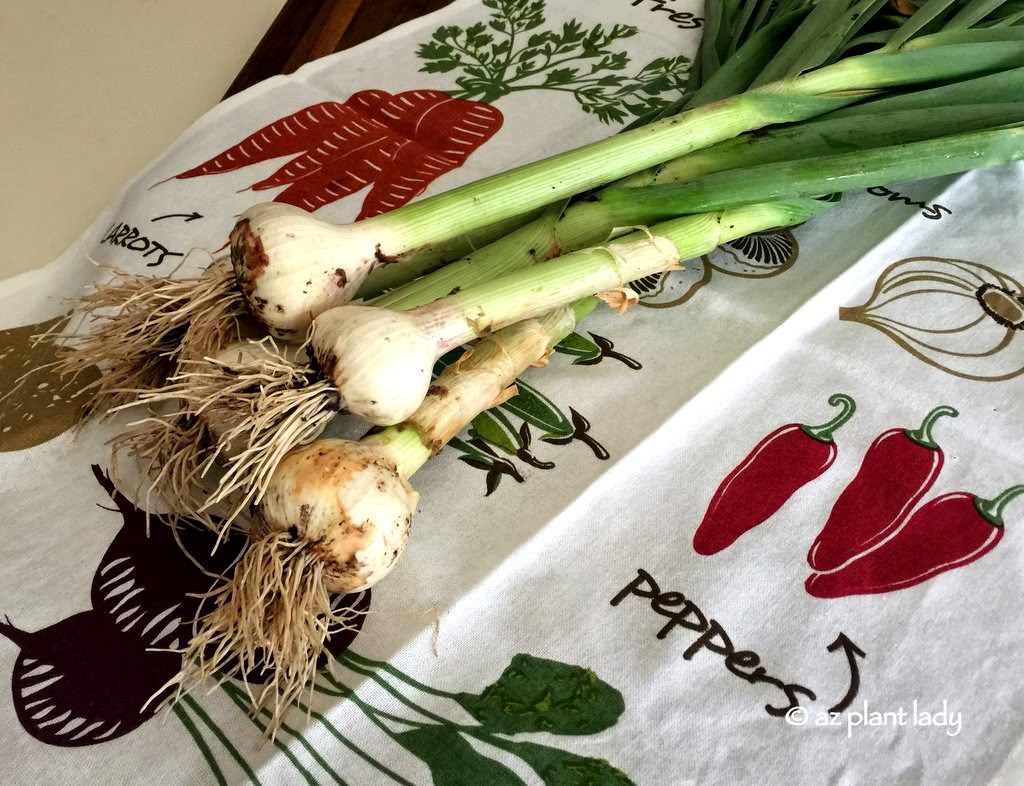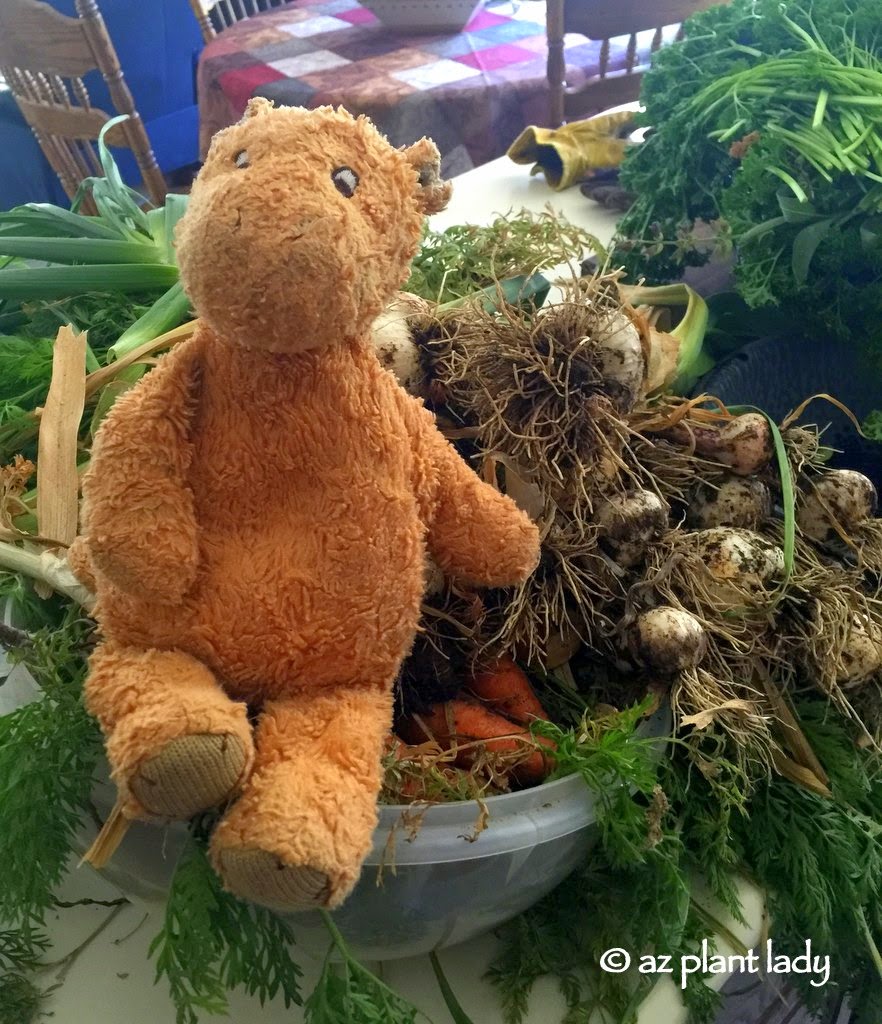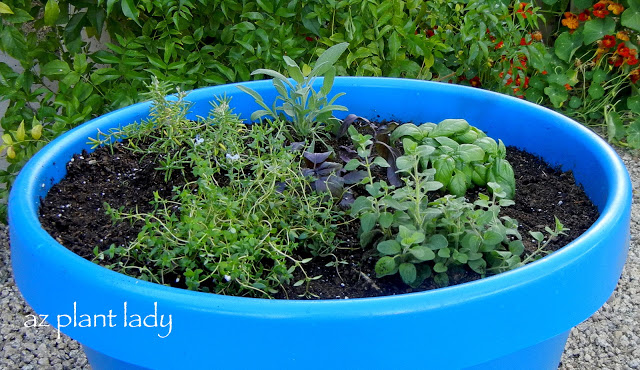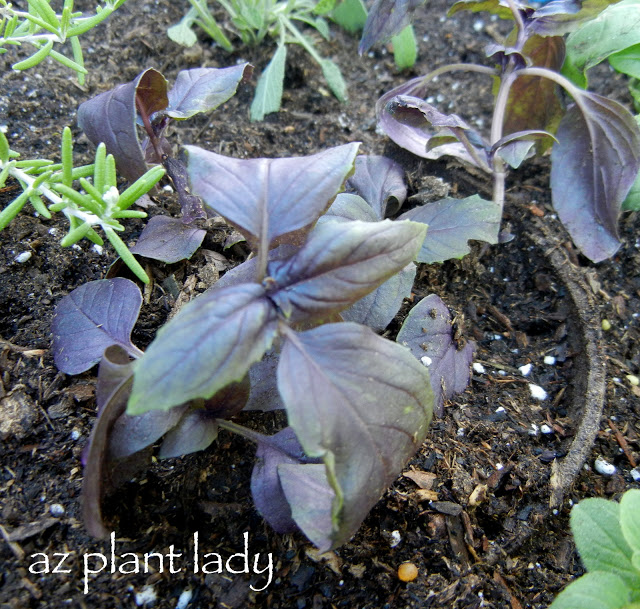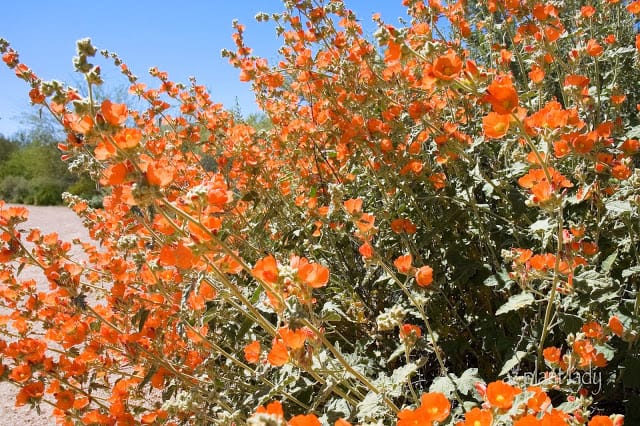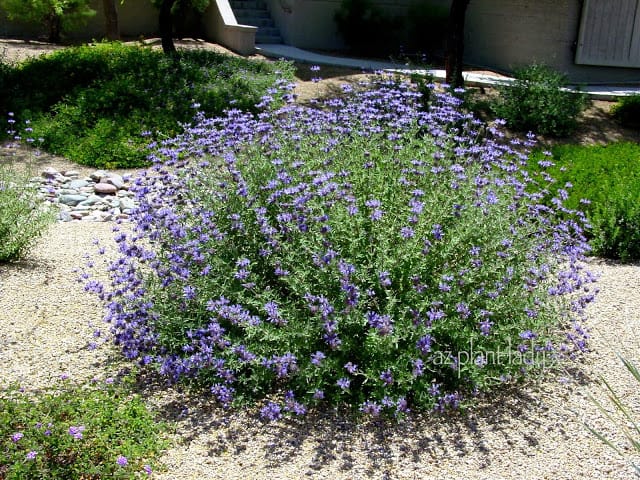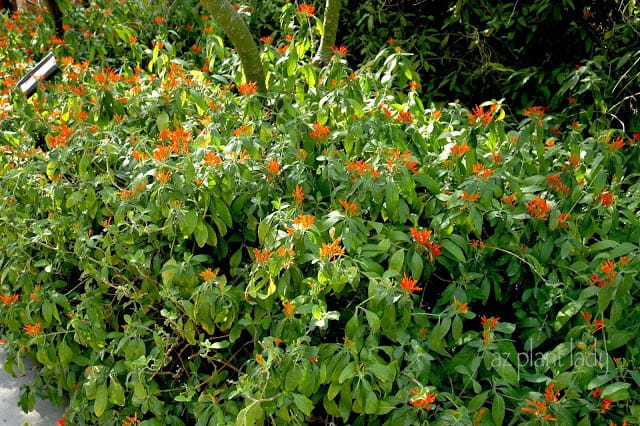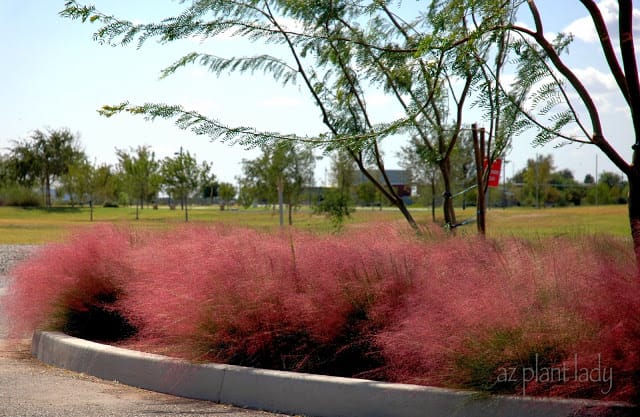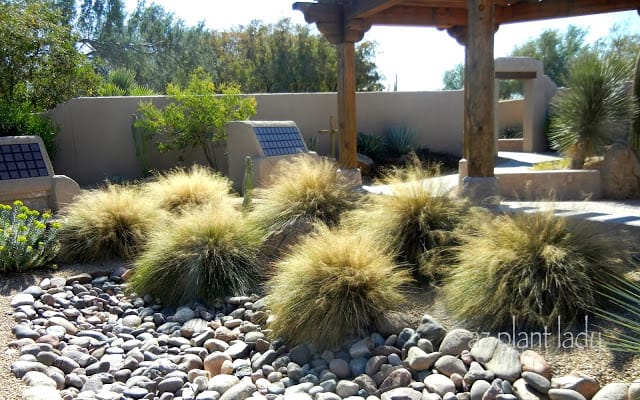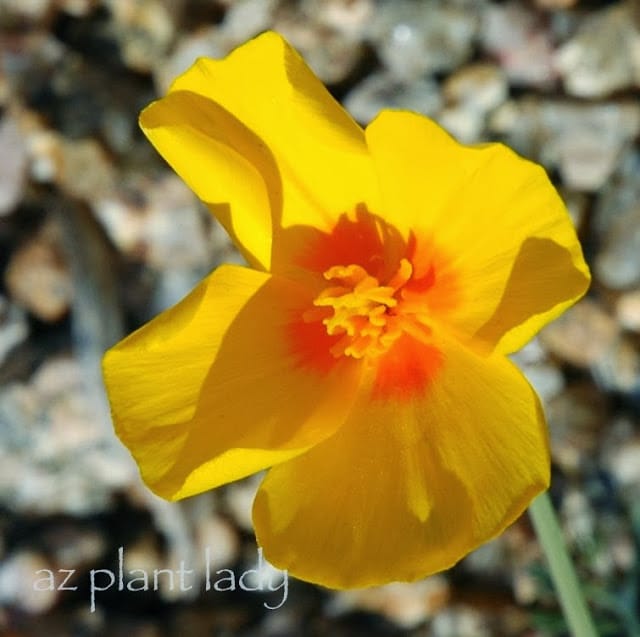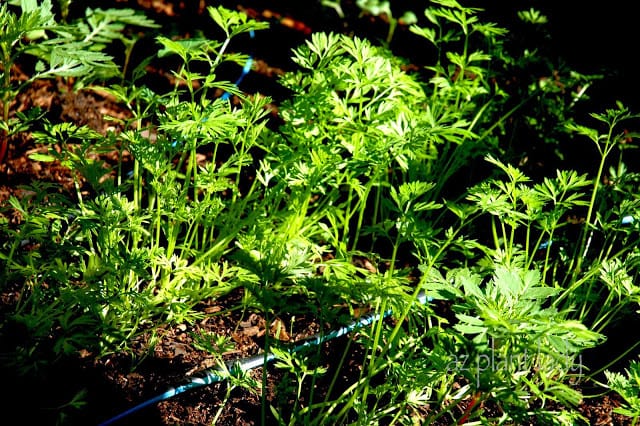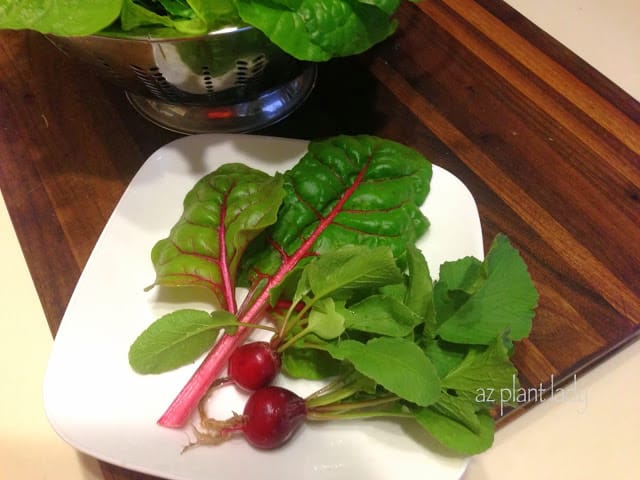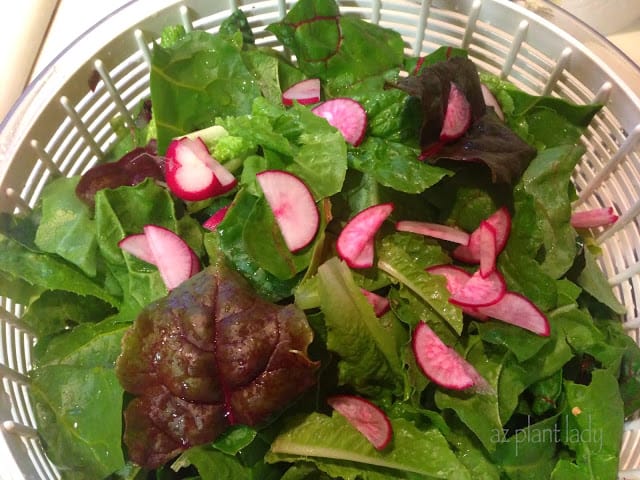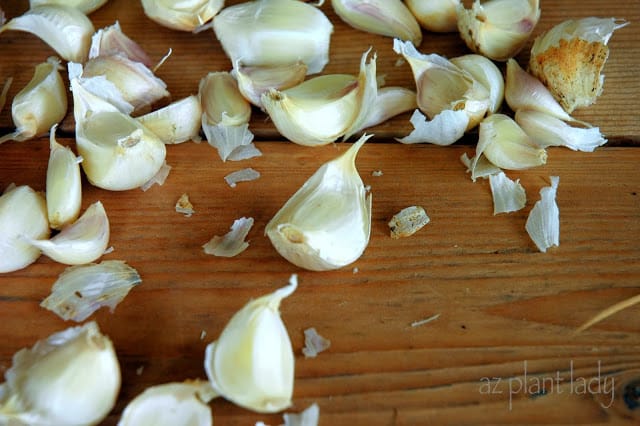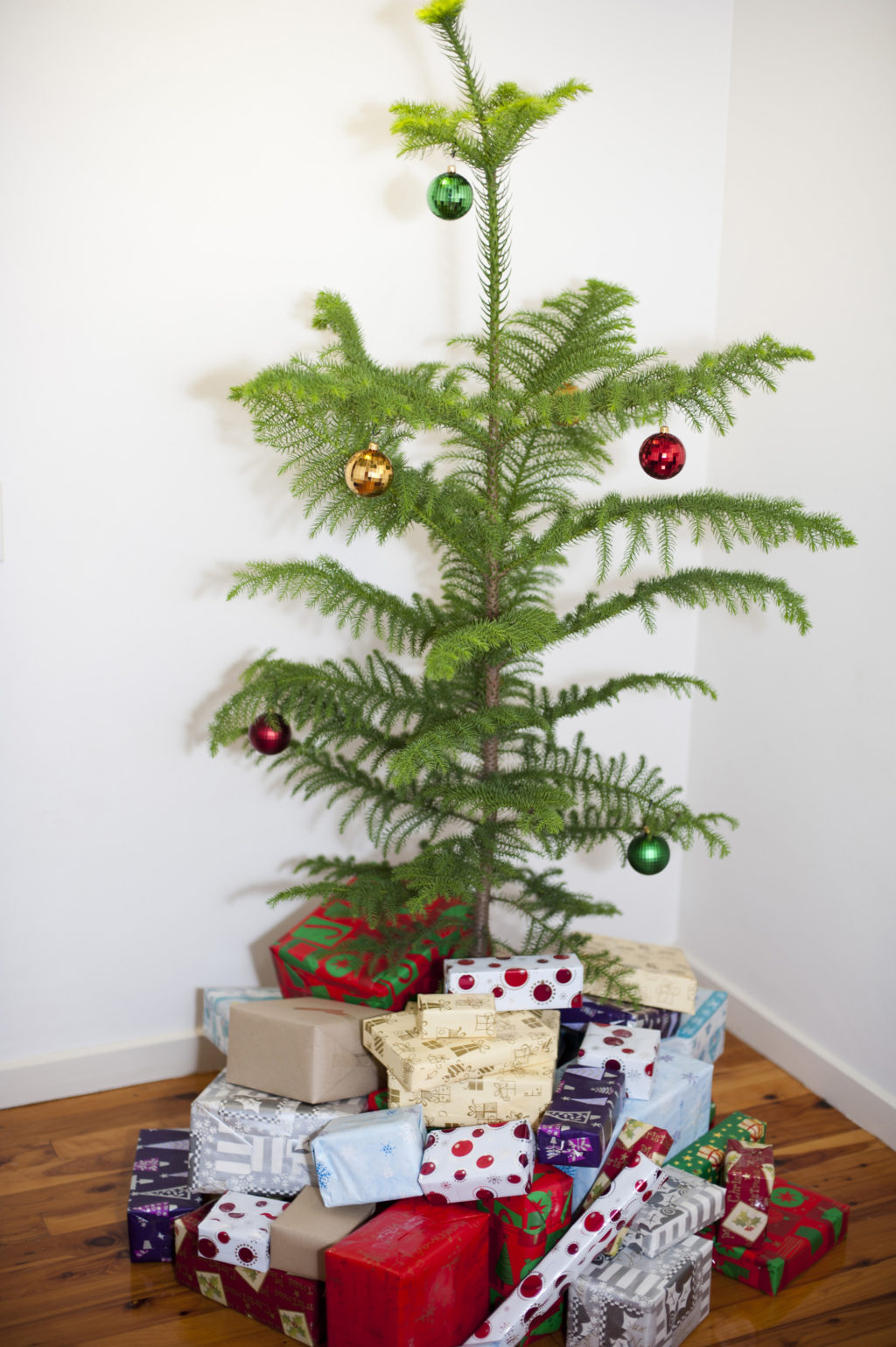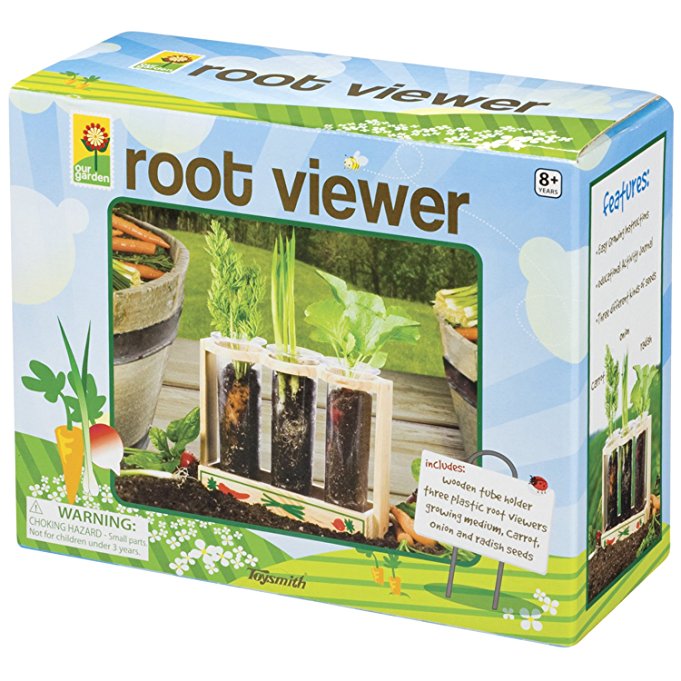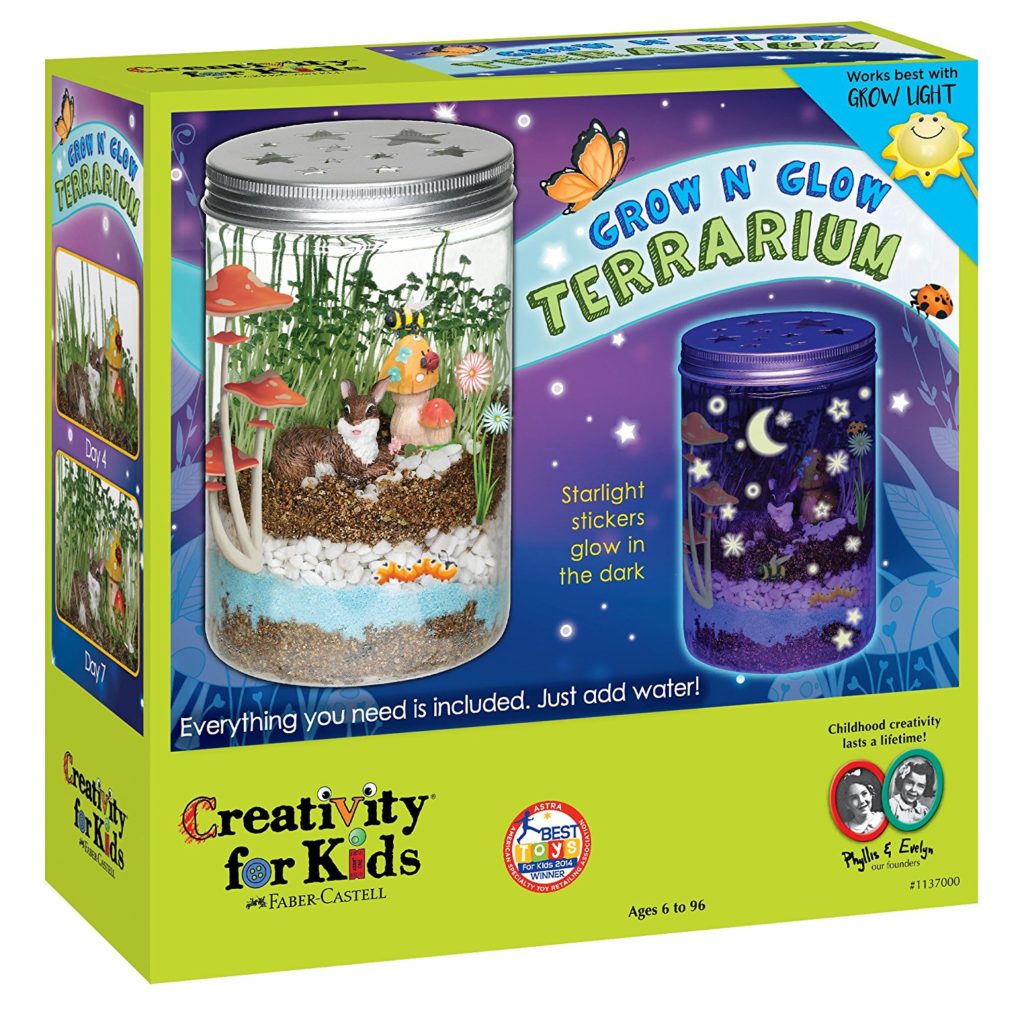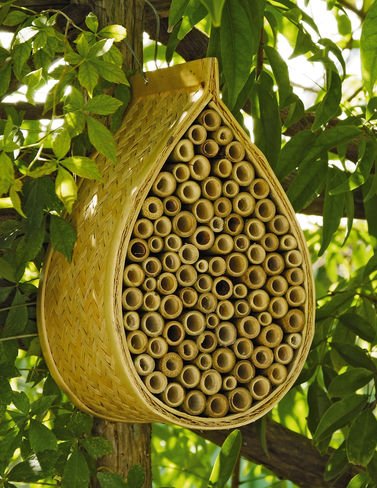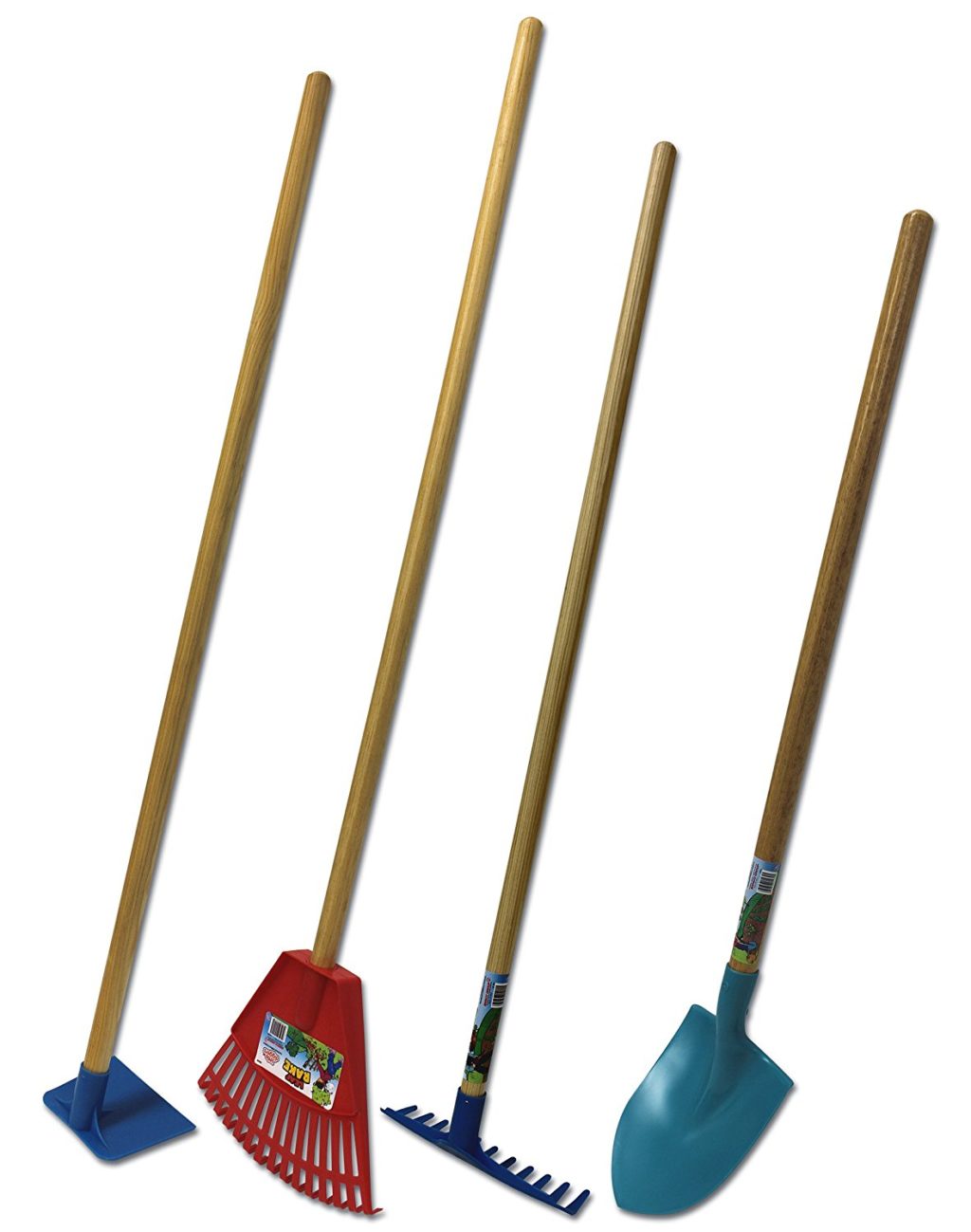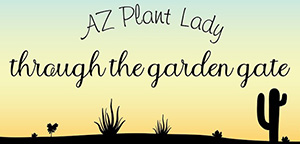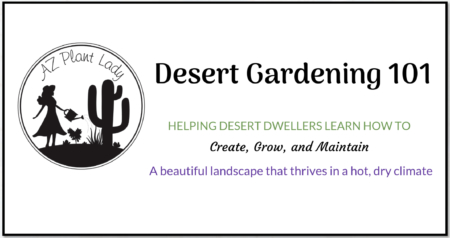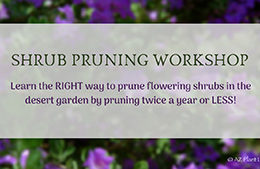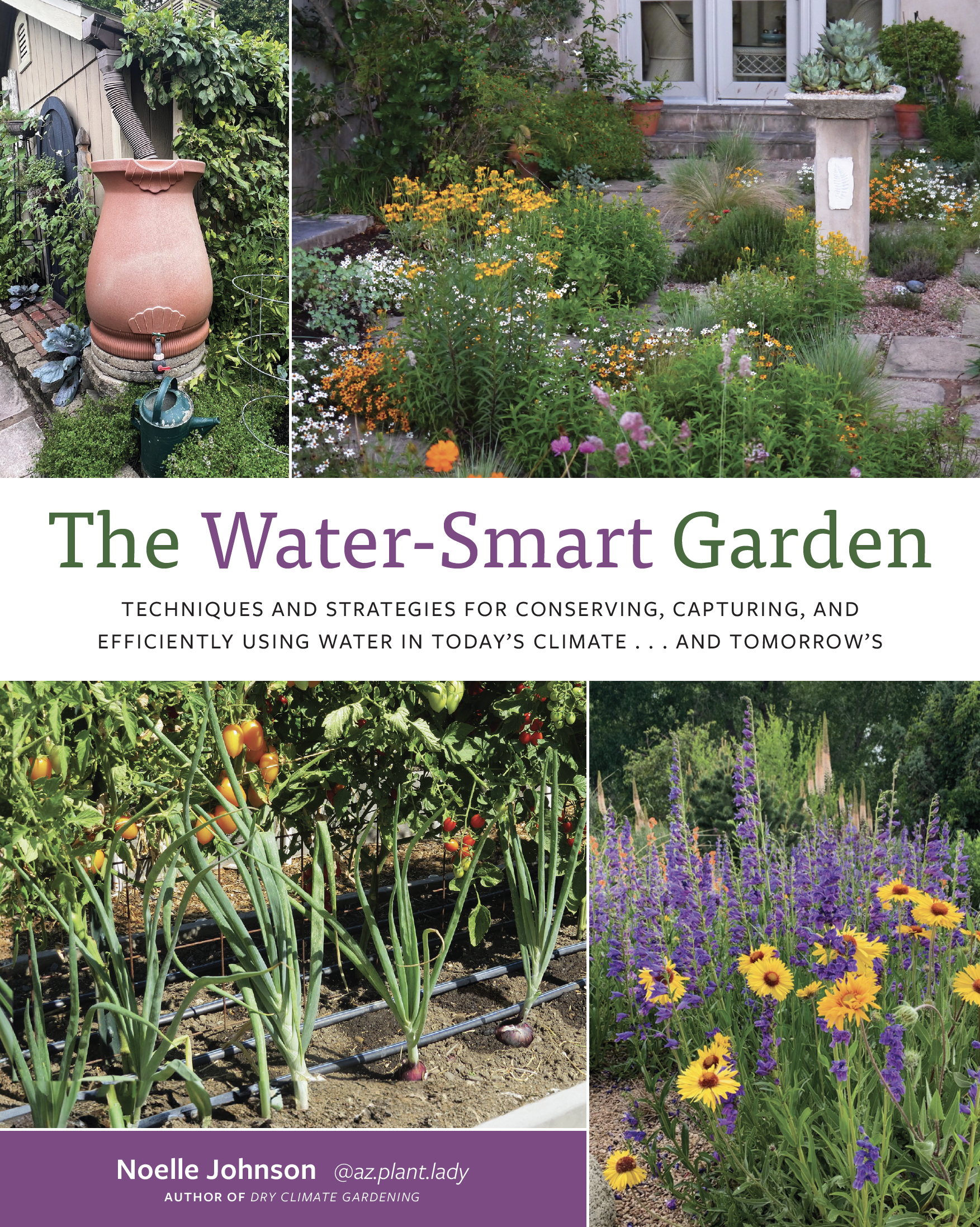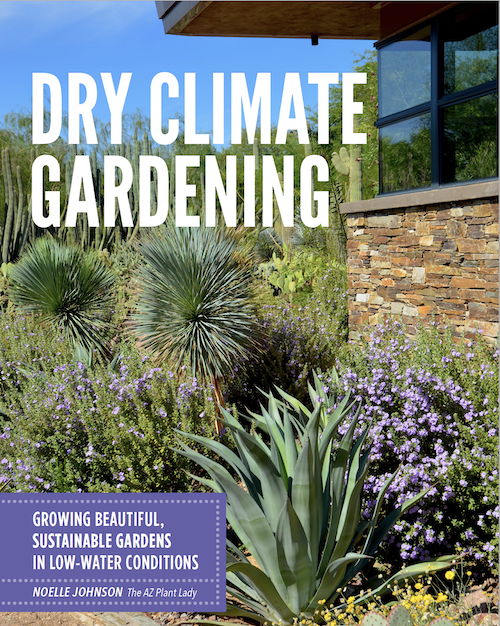
I love to grow vegetables in my backyard. Nothing beats the flavor of vegetables that you grow yourself, and it is fun and rewarding. That is, until you notice unwelcome insect pests causing damage to your edible crops.
In the low to mid-desert regions, we are fortunate to be able to grow vegetables and herbs throughout the entire year. But that also means that we need to be on the lookout for unwelcome visitors.
Recognizing what insects are eating our plants and how best to get rid of them can be one of the hardest parts of growing vegetables. However, there is help!
Susan Mulvihill is the expert you’ve been looking for to help you to prevent and treat insect pests. And she does this by guiding you toward using effective yet natural methods.
In her book, The Vegetable Garden Pest Handbook, she helps you to identify the most common insect pests in her “Pest Profile” section along with photos of the bug and the type of damage they cause. This is incredibly helpful to help you know what is causing the problem so you can select the best treatment.
The author specifies effective natural solutions to prevent and minimize insect infestations, which are clearly set out in her book. From attracting birds and pollinators that eat bugs to the best organic products to get rid of insect pests. The book provides guidance as to products such as Bt, insecticidal soap, neem oil, pyrethrins, plus much more, and which works best against specific pests.
DIY control methods are a great way to minimize unwelcome visitors to your garden. I’ve used beer traps for slugs, insect hotels, and sticky traps in my own garden. Susan includes these methods as well as many others to help you minimize and prevent the problems damaging insects can cause to your edible crops.
Vegetable gardening is fun to do, especially with the expert guidance you’ll find in this wonderful book. If you have a vegetable garden, you need this book!

However, insect pests are just one problem that can affect edible crops. Plant disease, animals, weather, and other issues can cause problems as well. So, Susan has written a second book to help you address these factors, The Vegetable Garden Problem Solver Handbook.
I’ve grown vegetables for years and have faced issues with insect pests, disease, and weather-related issues. I wish I would have had these books back then, which would have made my efforts much easier.
The good news is that you can make vegetable gardening easier for yourself with the excellent guidance in these books!

